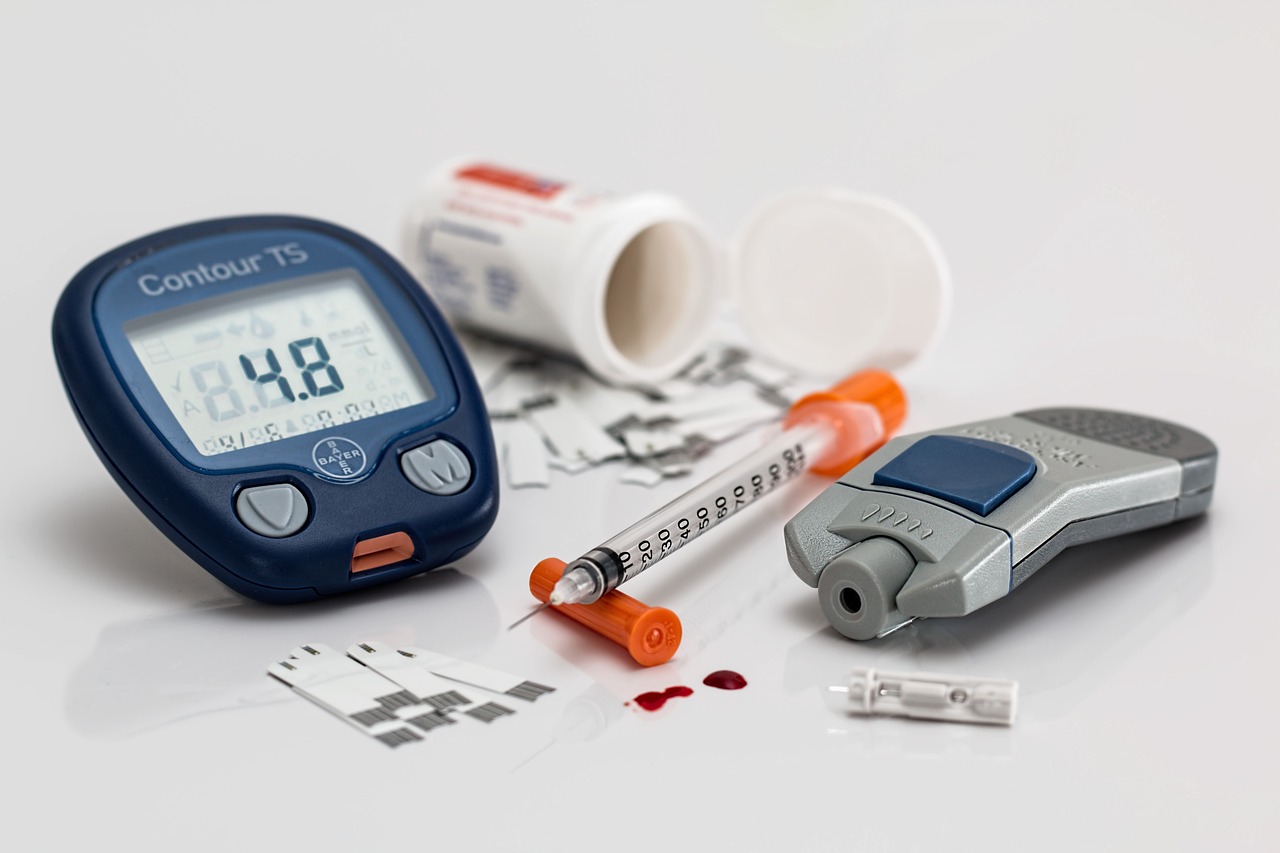Mo-cap, or motion capture, has moved beyond the realm of entertainment. The technology used in Avatar gives doctors new hope for faster disease assessment, which typically takes years.
New studies suggest beneficial aspects of mo-cap technology in assessing the progression of diseases in less time and with great accuracy. The studies were conducted by researchers from University College London and Imperial College London and published in the medical journal Nature Medicine.
Mo-cap is an important innovation in film-making and video games. One of the most remarkable examples of the method is James Cameron’s movie Avatar or Marvel’s series. The common technique is capable of accurately monitoring and picking up movements, facilitating the creation of lifelike characters – an attribute of many famous movies.
When applied to the medical setting, this approach shows encouraging results. The researchers at Imperial College London conducted an experiment on patients with Friedreich’s ataxia (FA).
According to their findings, mo-cap technology speeds up the disease assessment as it takes twelve months to define an increase in the disease severity.
Current methods can double up the figure. “It has the capability to transform clinical trials as well as improve diagnosis and monitoring for patients,” outlined Aldo Faisal, Professor of AI & Neuroscience at Imperial College London.
Another test targeting Duchenne Muscular Dystrophy (DMD) patients was conducted by a separate team at Great Ormond Street. In this study, mo-cap could predict the effect of the disorder on the patients after six months. Researchers said that it was more accurate compared to a doctor.
The complexity of rare genetic disorders like FA or DMD, as well as the severity of symptoms requires thorough clinical diagnosis. The process encompasses an analysis of the medical record and a detailed physical evaluation, which is regularly time-consuming. But with motion capture, scientists can make better use of their time.
This technology also holds great promise for the future. Researchers are optimistic that mo-cap could help speed up the treatment’s development. In other words, assessments come with a very high degree of accuracy and speed, and drug development moves fasters. Additionally, the advance could benefit other disorders such as Parkinson’s, Alzheimer’s, and MS.







